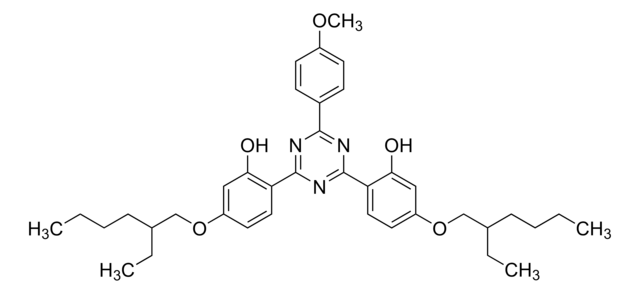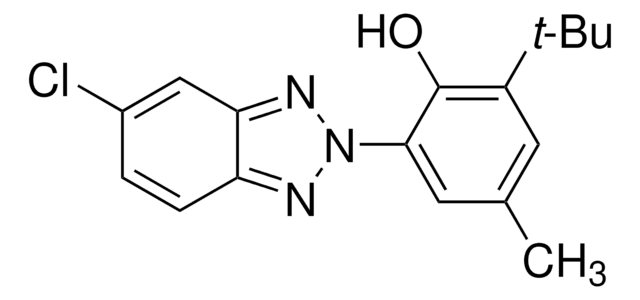415820
2-Ethylhexyl 2-cyano-3,3-diphenylacrylate
97%
Synonym(s):
2-Cyano-3,3-diphenylacrylic acid 2-ethylhexyl ester, 2-Ethylhexyl α-cyano-β-phenylcinnamate, 2-Ethylhexyl 2-cyano-3,3-diphenyl-2-propenoate, Octocrylene
About This Item
Recommended Products
Quality Level
Assay
97%
form
viscous liquid
refractive index
n20/D 1.567 (lit.)
bp
218 °C/1.5 mmHg (lit.)
mp
−10 °C (lit.)
density
1.051 g/mL at 25 °C (lit.)
SMILES string
CCCCC(CC)COC(=O)\C(C#N)=C(/c1ccccc1)c2ccccc2
InChI
1S/C24H27NO2/c1-3-5-12-19(4-2)18-27-24(26)22(17-25)23(20-13-8-6-9-14-20)21-15-10-7-11-16-21/h6-11,13-16,19H,3-5,12,18H2,1-2H3
InChI key
FMJSMJQBSVNSBF-UHFFFAOYSA-N
Looking for similar products? Visit Product Comparison Guide
Related Categories
General description
Application
- Photochemical response of the scleractinian coral Stylophora pistillata to some sunscreen ingredients: This study investigates the impact of octocrylene on the photosynthetic efficiency of coral symbionts, raising concerns about environmental effects (JP Fel et al., 2019).
- Preparation of O/I1-type emulsions and S/I1-type dispersions encapsulating UV-absorbing agents: Explores formulations for incorporating octocrylene into cosmetic products, enhancing UV protection capabilities (K Aramaki et al., 2015).
Signal Word
Warning
Hazard Statements
Precautionary Statements
Hazard Classifications
Aquatic Acute 1 - Aquatic Chronic 1
Storage Class Code
10 - Combustible liquids
WGK
WGK 2
Flash Point(F)
453.2 °F - closed cup
Flash Point(C)
234 °C - closed cup
Regulatory Listings
Regulatory Listings are mainly provided for chemical products. Only limited information can be provided here for non-chemical products. No entry means none of the components are listed. It is the user’s obligation to ensure the safe and legal use of the product.
FSL
Group 4: Flammable liquids
Type 4 petroleums
Hazardous rank III
JAN Code
415820-50ML:
415820-250ML:
415820-BULK:
415820-VAR:
Choose from one of the most recent versions:
Already Own This Product?
Find documentation for the products that you have recently purchased in the Document Library.
Customers Also Viewed
Our team of scientists has experience in all areas of research including Life Science, Material Science, Chemical Synthesis, Chromatography, Analytical and many others.
Contact Technical Service
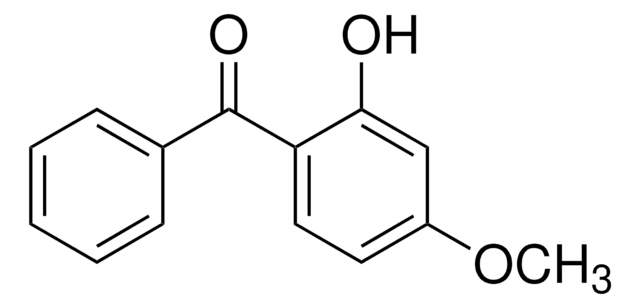
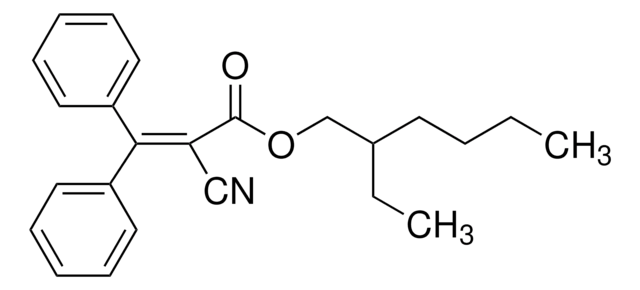
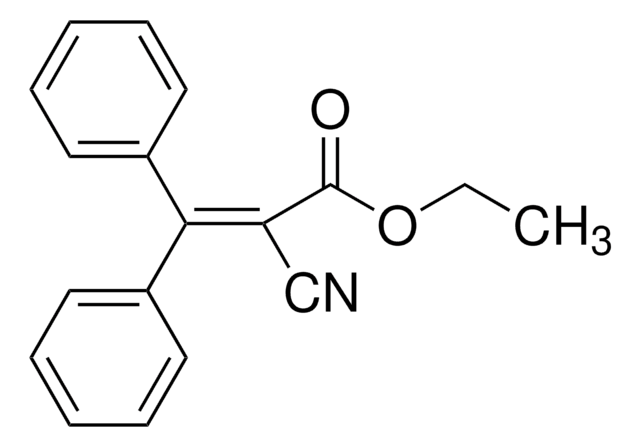
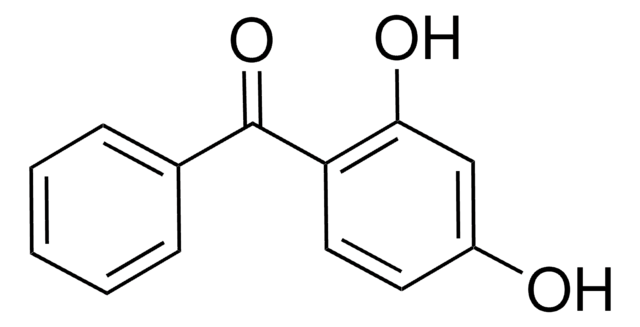

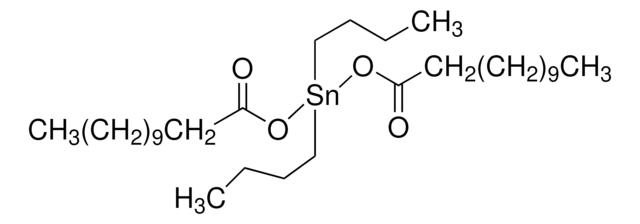
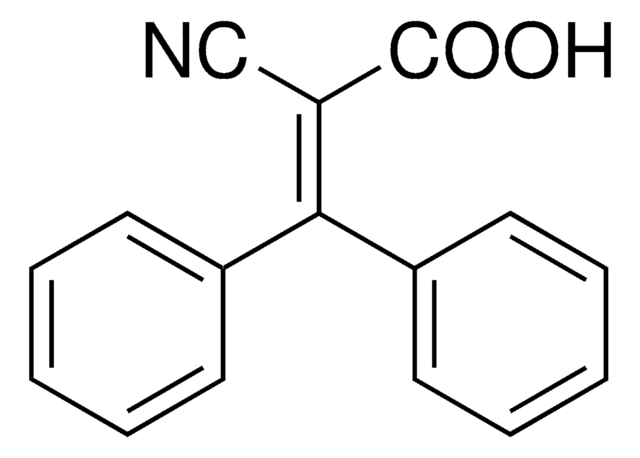


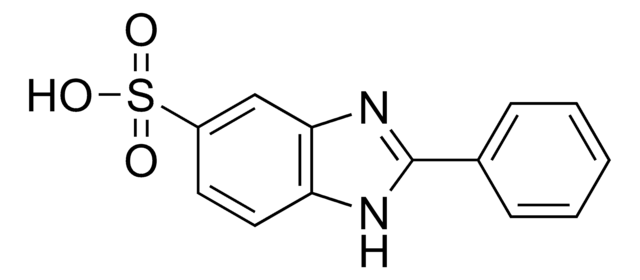
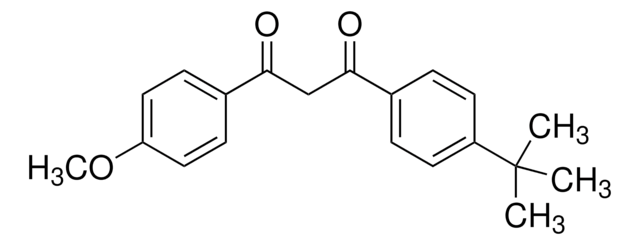
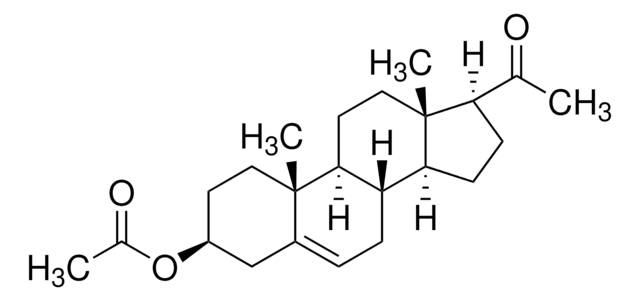
![2-(4,6-Diphenyl-1,3,5-triazin-2-yl)-5-[(hexyl)oxy]-phenol](/deepweb/assets/sigmaaldrich/product/structures/394/572/1f0f1ab7-38d5-456d-b5cf-409212b6bd6a/640/1f0f1ab7-38d5-456d-b5cf-409212b6bd6a.png)
![2,2′-Methylenebis[6-(2H-benzotriazol-2-yl)-4-(1,1,3,3-tetramethylbutyl)phenol] 99%](/deepweb/assets/sigmaaldrich/product/structures/236/824/ce89085c-b9e1-4ea0-8157-44b6f9466ed6/640/ce89085c-b9e1-4ea0-8157-44b6f9466ed6.png)
